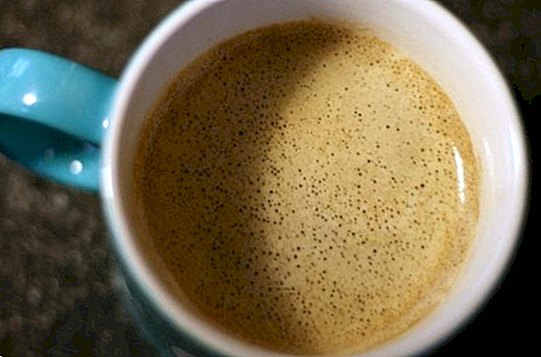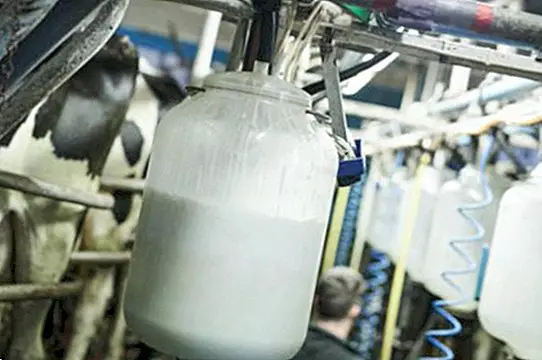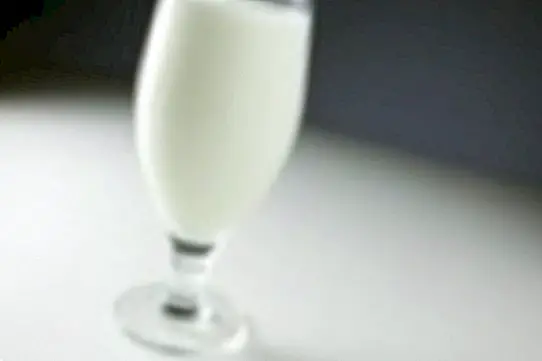How to know if you need to drink water: the signs of dehydration
We have all been thirsty at some time, even more than considered normal from a healthy point of view. Why? Mainly because when we feel thirsty it means that it is too late; that is to say, that our body is dehydrated and that we must hydrate quickly so that our organs do not suffer.
For this reason it is always very important to have a glass of water or a bottle of water handy, and above all to try to drink liquids every so often, without the thirst appearing. However, it is also not advisable to drink without our body asking for it, as it could cause what is known as hyperhydration, which consists of water poisoning.

Explained more or less simply we can define the dehydration as the state that occurs when our body does not have as many liquids and water as it should. That is, it is the alteration of both water and mineral salts in the plasma of the body, either by lack of ingestion of liquids or by an excess of water elimination.
Why does dehydration appear?
Several may be the causes that cause the onset of dehydration in our body. For example, it can arise if we lose too much liquid, if we do not take enough water or liquids, or for both situations.
That said, we must bear in mind that our body can lose too much fluid as a result of excessive physical exercise and / or heat, diarrhea or vomiting or fever. Certain diseases can also influence the symptoms of dehydration appear, for example if we urinate too much, as with uncontrolled diabetes.
The consumption of some medications can also be a cause of the onset of dehydration. Diuretics are the most important in this regard, since they can cause us to urinate in greater quantities.
On the other hand, we also can not ingest enough fluids that we have a sore throat, feel nauseous or sick (which in turn influences that we do not have as much desire to eat or drink).

What are the signs of dehydration?
Before discovering signs of dehydration we must bear in mind that there are three types of dehydration, which depends on the amount of body fluid that has been lost or has not been replaced: mild, moderate or severe dehydration (the latter is very dangerous, since it can be potentially deadly).
- The symptoms of mild and moderate dehydration: thirst sensation, dry or sticky mouth, we do not feel like urinating much and when we do it the urine is dark, we feel muscle cramps and headache, and the skin is cold and dry.
- The symptoms of severe dehydration: fast heartbeat and equally rapid breathing, dizziness or fading, confusion or irritability, wrinkled and dry skin, not urinating almost anything or very dark amber or yellow urine, sunken eyes, apathy, irritability and confusion, shock, delirium and unconsciousness.
It is common that the blood pressure is lower than normal, the tips of the fingers can be white and not return to the pink color when we press them, and if we pinch the skin in the place where they form folds it takes time to stretch immediately, returning more slowly to its place.
It is evident that the most important symptom and that appears in the first place is the thirst. So, as soon as we begin to feel thirsty, the key is to drink liquids, little by little and in small sips. But beware, any liquid is not worth: water or isotonic drinks (such as natural lemonade) are essential, and sodas and sugary drinks should be avoided. ThemesWater



